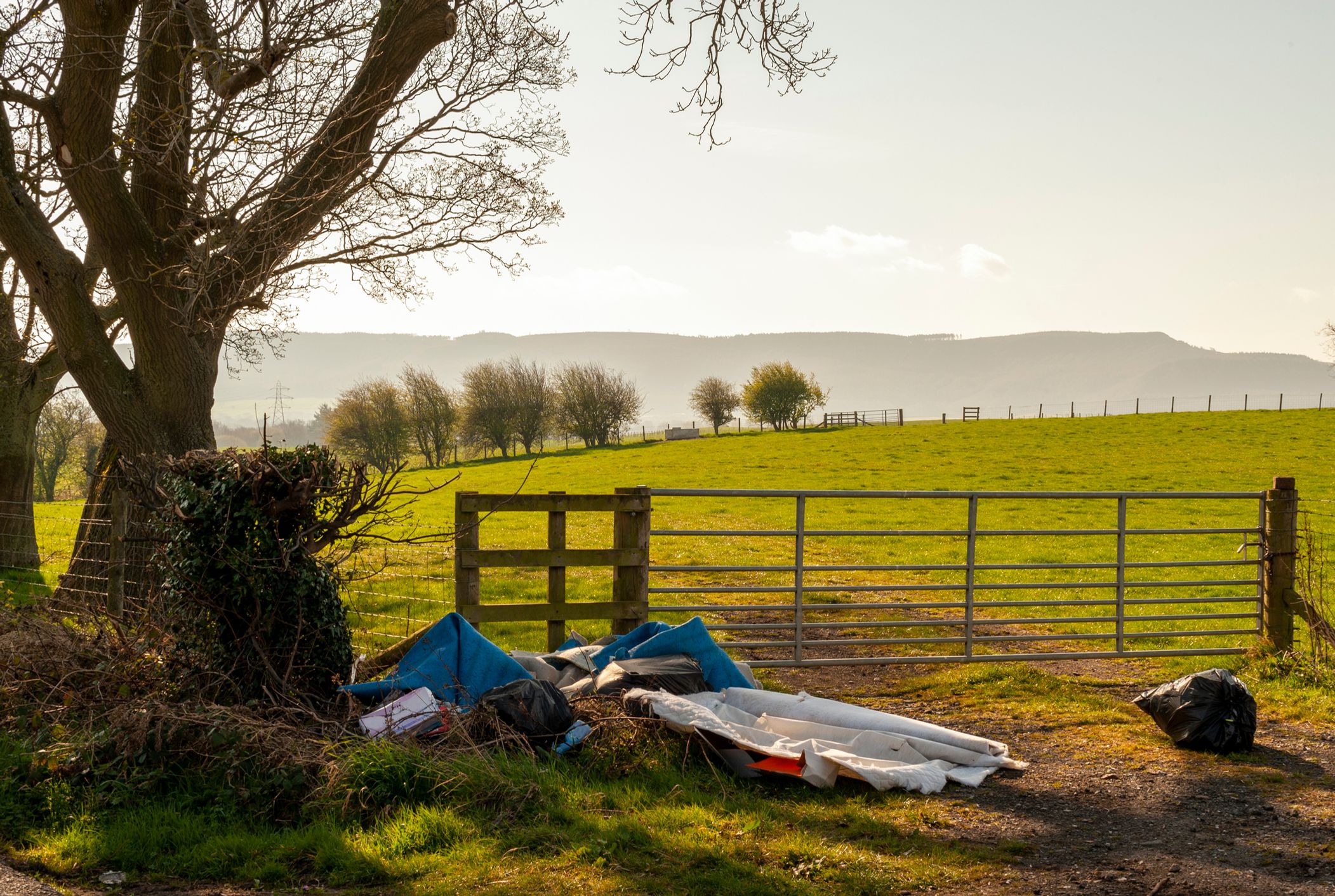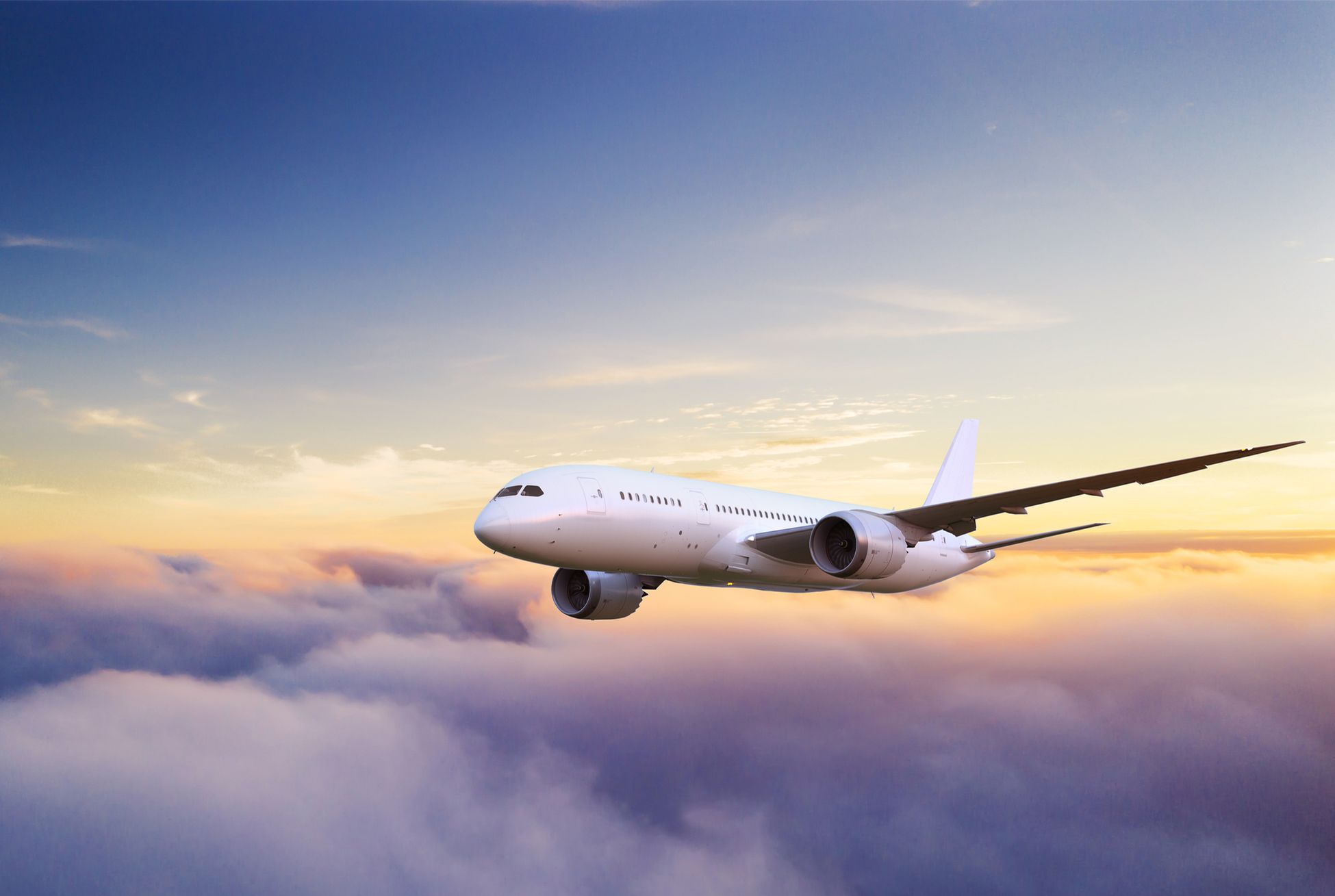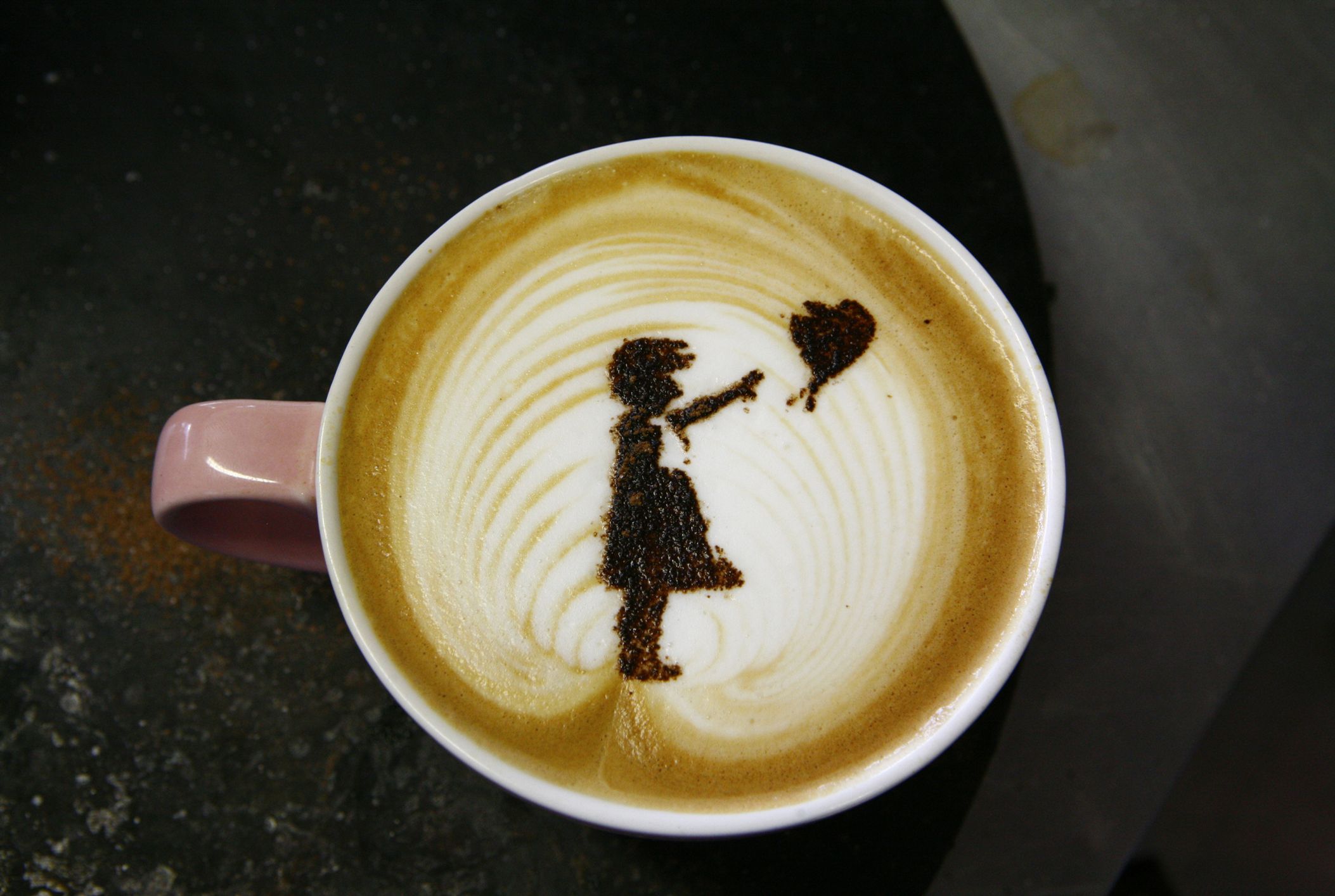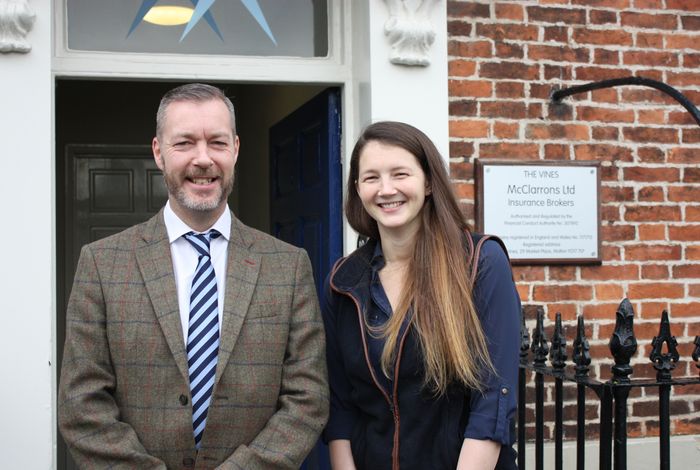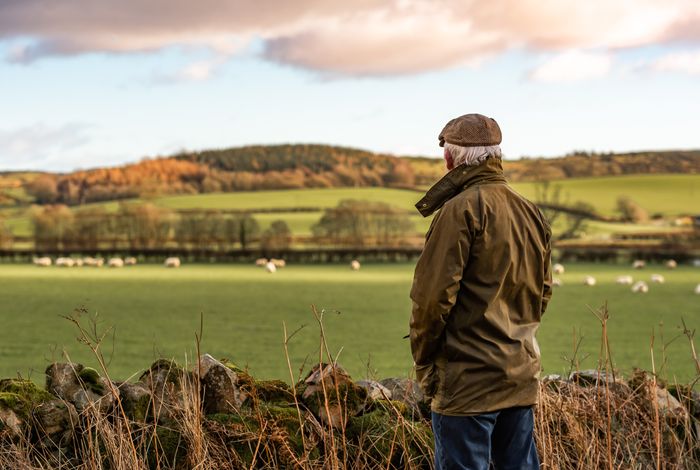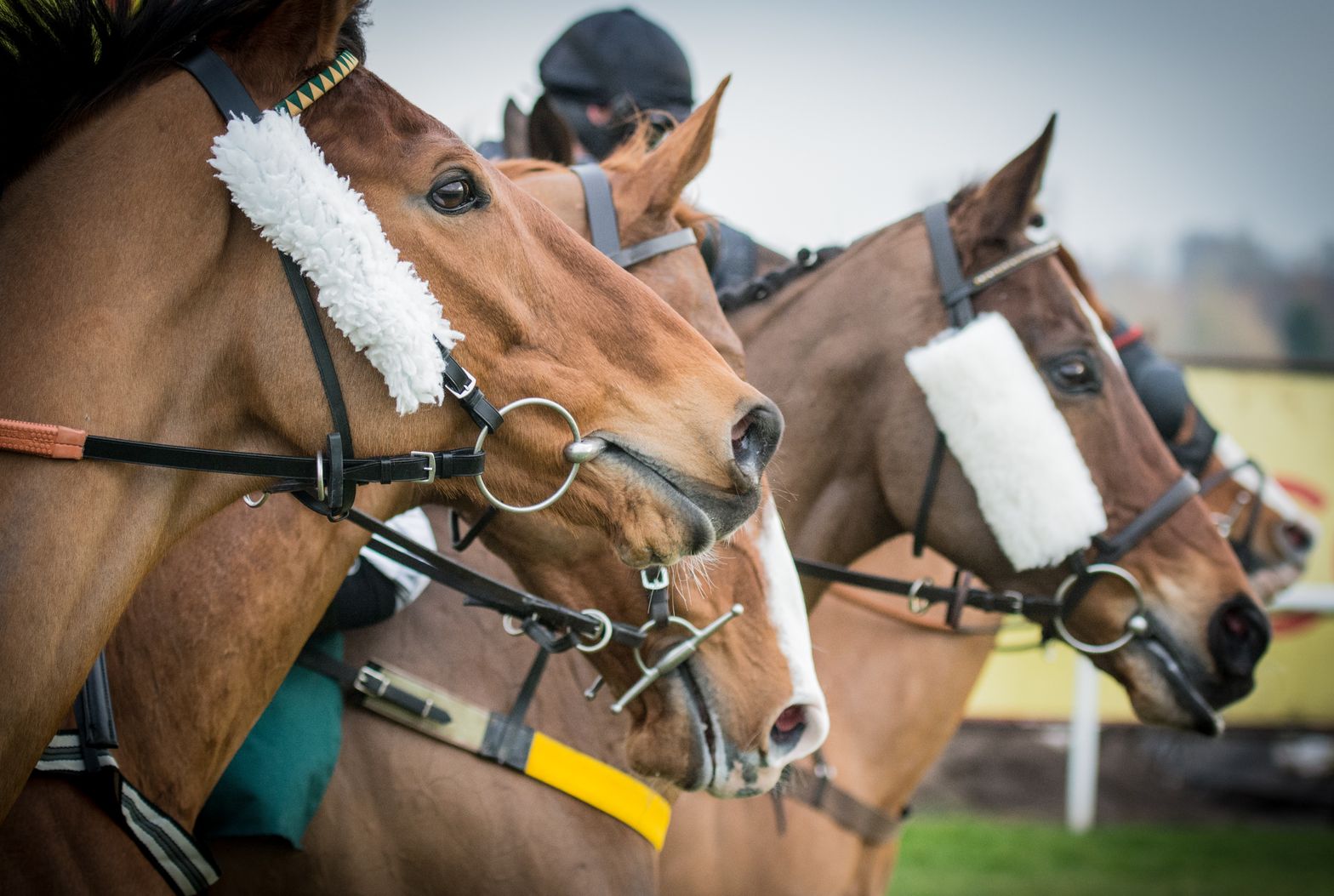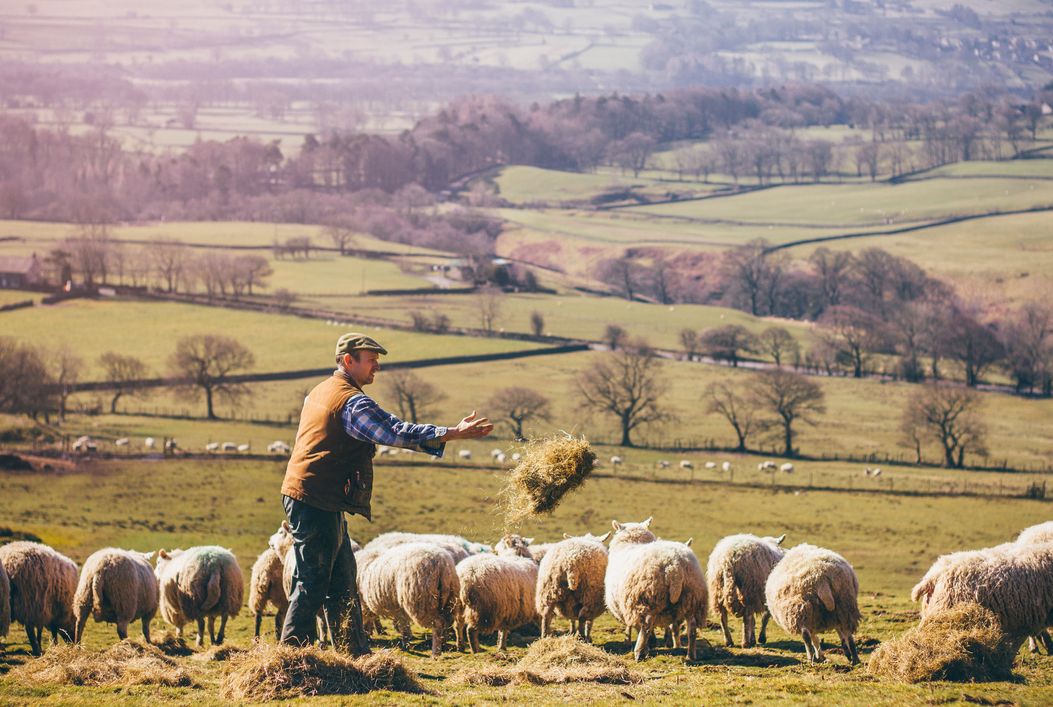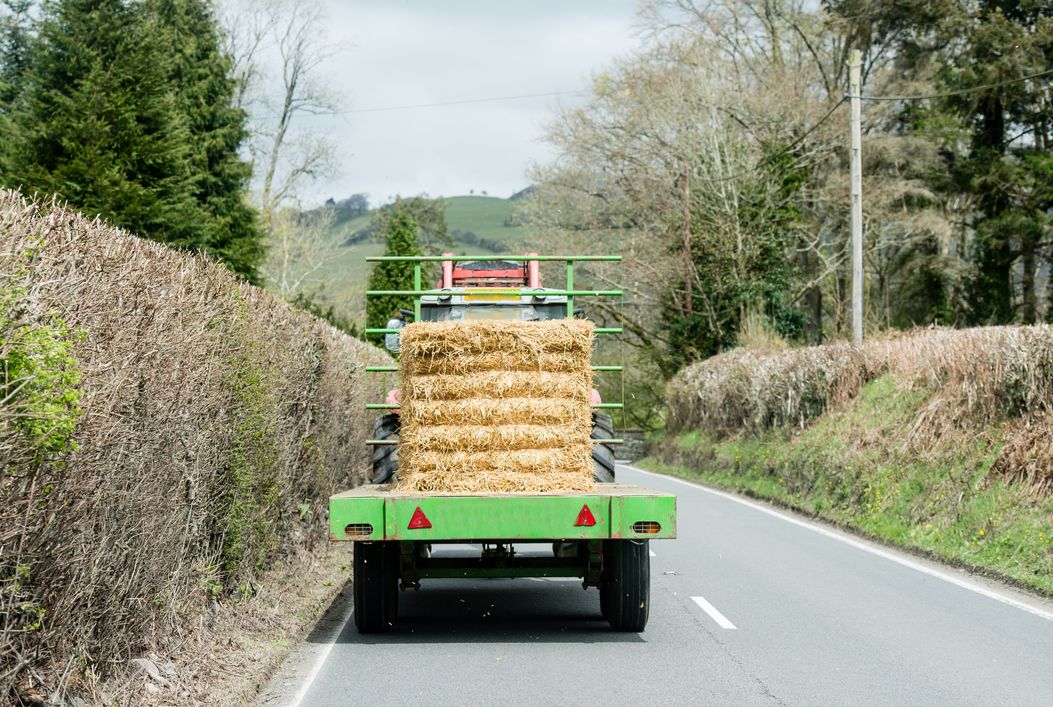Today the Equestrian events of the 2016 Rio Olympics will be closed with the individual jumping. But despite the emphasis on the individual, there are two athletes involved, one human and one equine, and the operation to fly more than 300 horses to Rio is well-versed.
The planes used to fly the horses abroad have a capacity of up to 40, with specially adapted facilities to ensure that its passengers are safe and comfortable, with a 24 hour hay service included.
Just like their human counterparts, horses need a passport, which contains important data including details on vaccinations, past competition trips, and a detailed physical description of the passport holder.
With some horses flying more often than many people, the greatest of care is given to them before, during and after travel to avoid stress or injury. Luciana Martins is one of two specialist equine vets hired by the Rio 2016 Organising Committee to ensure the wellbeing of the horses during their travel and competitions,
“Sometimes the horses need even more care than human athletes,” Martins said, “Any small injury to a horse can take them out of the competition. We work to keep them safe from contamination, make sure they get the right food and ensure they are not injured during transportation.”
During the flight, horses are accompanied and cared for by a team of professional grooms and vets – and while the animals have plenty of flying experience, some will occasionally require medication to calm them down, although this is rare. They also wear protective travelling boots and bandages on their legs during transportation, just as they would when travelling in a horsebox or transporter.
Arriving at the National Equestrian Centre in Rio, the careful consideration for the welfare of these four-legged competitors continues throughout the course of jumping, eventing and dressage rounds, courtesy of each nation’s dedicated team of vets and physiotherapists who are allocated to each discipline.
“The biggest challenges we face are with accidents during competition,” said Martins. “It can be difficult to look after such large animals with the public so close by.”
But with a recently upgraded animal hospital offering post-competition massages and physiotherapy and acupuncture between events, the horses’ welfare remains a top priority throughout their sporting exploits, as Alex Titan, the Rio 2016 Sport Competition Manager for Eventing explained,
“These horses are high-performance athletes and they need to be treated in this manner. They receive the same level of service as the world’s best human athletes.”
It might be a long journey home for team GB, but it’s VIP treatment all the way for the equine athletes. Best of luck for today and for the Paralympic athletes yet to compete from the Equine Team at McClarrons, and safe travels for all the horses, riders and their entourage.

